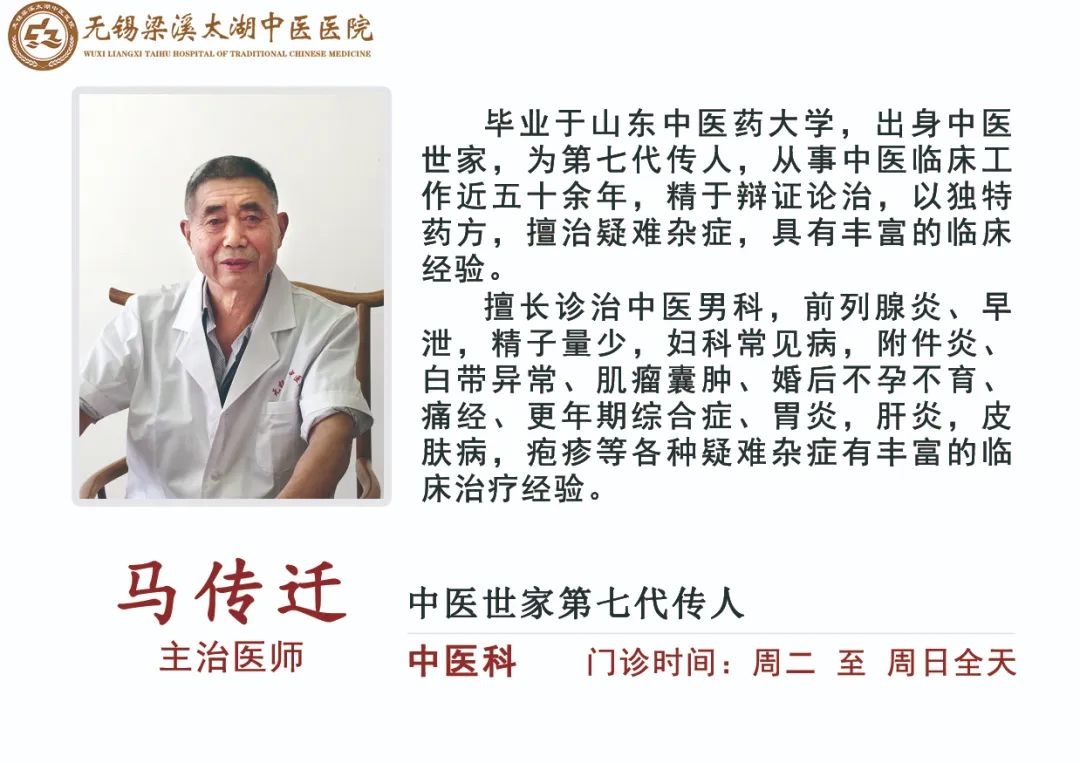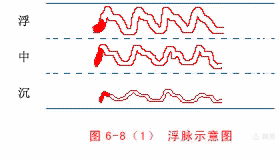
What is Floating Pulse?
Health Preservation


Introduction
Hello everyone, today we will explore the concept of Floating Pulse in Traditional Chinese Medicine (TCM).

Traditional
Chinese
Floating
Pulse

Floating Pulse (fu mai) is a type of pulse that can be felt with light pressure and diminishes slightly with heavier pressure, yet does not feel empty. It is characterized by a sensation of buoyancy, akin to wood floating on water.
The “Pulse Classic” states, “It is abundant when lifted and insufficient when pressed.” Floating Pulse primarily indicates exterior conditions; if it feels strong upon pressure, it suggests an exterior excess condition; if it feels weak, it indicates an exterior deficiency condition. It is commonly seen in cases of external invasion by wind-cold or wind-heat, or in the early stages of certain acute febrile diseases; it can also be observed in conditions of floating yang deficiency, presenting as a large and weak pulse.


Formation of Floating Pulse

In TCM pulse diagnosis, the formation of Floating Pulse is often due to the invasion of external pathogens affecting the superficial layers of the body. The body’s defensive yang qi resists these external pathogens, causing the righteous qi to rise and the yang qi to float, resulting in a floating pulse. As stated in the “Three Essentials of Diagnosis”: “Floating corresponds to the response of the meridians and superficial layers, primarily due to the invasion of pathogens into the three yang meridians, causing the pulse qi to surge outward, hence it feels full and floating.” This indicates an increase in the body’s resistance to disease. If there is internal deficiency and blood loss, the qi may float outward, leading to a pulse that cannot sink, resembling a floating and scattered essence, indicating a depletion of spirit. As noted in the “Three Essentials of Diagnosis”: “If the pulse becomes floating after a prolonged illness, it indicates that the internal qi is deficient and cannot maintain its depth.” Thus, a floating and large pulse without strength signifies a weakened body, low resistance, and is a precursor to severe heart weakness and the external escape of yang qi.


 Sensation of Floating Pulse Under the Fingers
Sensation of Floating Pulse Under the Fingers
It can be felt with light pressure, diminishes slightly with heavier pressure, is abundant when lifted, and insufficient when pressed. The floating pulse is superficial, resting on the skin, and can be felt with gentle pressure, while heavier pressure slightly reduces its strength but does not render it weak or empty.



Main Conditions

Floating Pulse indicates exterior conditions, either excess or deficiency; it can also be seen in conditions of floating yang deficiency.
Floating Pulse primarily reflects the presence of pathogens in the meridians and superficial layers, where the pathogens invade the skin, and the defensive yang rises to resist, indicating a light and superficial illness. When the external pathogen just enters the body, the body’s righteous qi is still strong, and the pulse qi surges outward, thus it feels floating and strong. If the pulse is floating but weak, it indicates that the patient is usually deficient and has weak defensive qi, representing an exterior deficiency condition. If there is internal injury from a prolonged illness leading to deficiency, and the yang qi cannot sink but floats outward, a floating pulse will be observed, which is large and weak, indicating floating yang and a critical condition.


 Floating Pulse Corresponding to Autumn Metal
Floating Pulse Corresponding to Autumn Metal

Floating Pulse corresponds to the heavens, represented by the hexagram Qian, associated with autumn, humanity, and the lungs, and is linked to the metal element. However, there is a fascinating principle hidden here. We know that the lungs correspond to autumn metal, which is heavy and sinks, yet how does it relate to the light and clear floating pulse? On the surface, this seems contradictory and perplexing, but the underlying concept is often misunderstood.
This issue primarily relates to the function of the lungs. Although the metal of the lungs descends, the lungs govern the qi of the entire body. The lungs control the exterior and the stomach qi; when external pathogens invade the body, the stomach qi resists, leading to the manifestation of floating pulse.
“Heaven moves qi outward and captures water, while the earth resides in the center and floats on water”—these are all manifestations of qi. From the perspective of the “I Ching”, the metal of Qian symbolizes qi, representing clarity, strength, and vitality, which is a true reflection of metal.


Conclusion
In summary, Floating Pulse often indicates the presence of exterior conditions, commonly seen in external invasions of wind-cold or wind-heat, or in the early stages of certain acute febrile diseases; it can also be observed in conditions of floating yang deficiency, presenting as a large and weak pulse. However, in clinical diagnosis and treatment, it is essential to integrate the four diagnostic methods: observation, listening, inquiry, and palpation, to better grasp the development, transition, and recovery trends of the disease.

-END-

Source | Publicity Department
Editor | Jia Linjie
Reviewer | Ma Chuanqian

